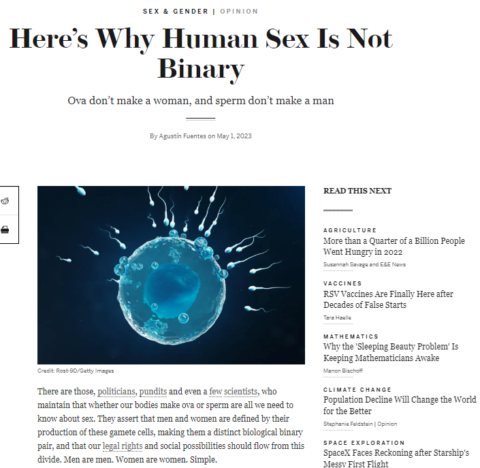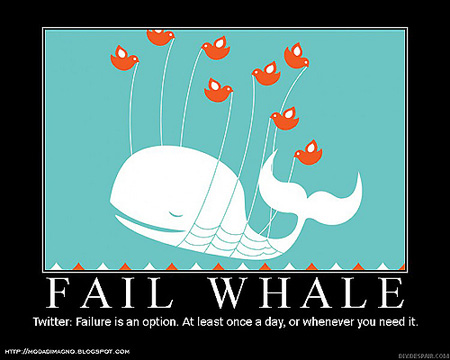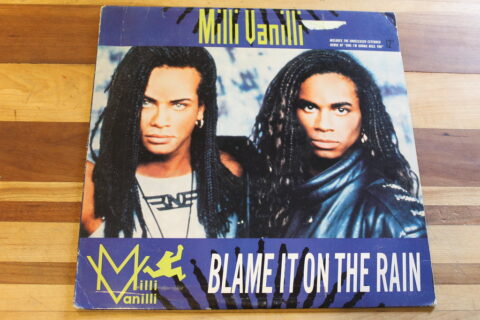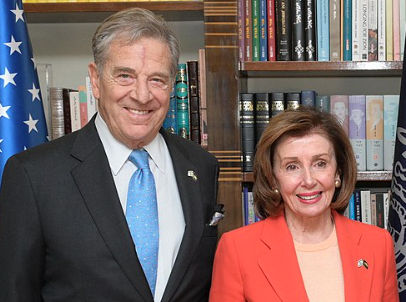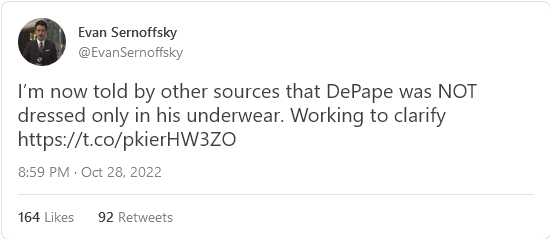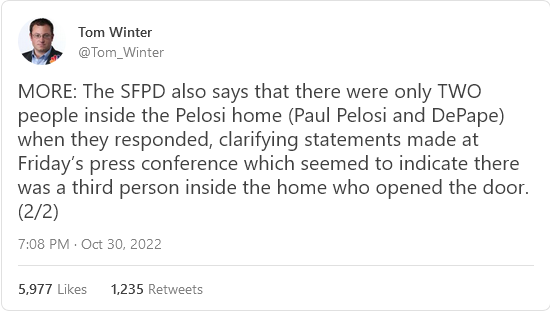Stephen Knight calls out the woke editors of once-proud publication Scientific American for their anti-scientific support of the gender warriors:
A dangerous strain of utopian thinking has taken hold of the “progressive” left. Many now share the delusion that if we pretend certain falsehoods are true, then various forms of oppression and bigotry will magically disappear. Worse still, the proponents of these falsehoods demand their unequivocal affirmation from the rest of us.
Today’s leftists rightly insist on the importance of scientific truth when it comes to questions like climate change, vaccine safety and evolution. But they will discard scientific facts the moment they become inconvenient to their own worldview. Nowhere is this hypocrisy more pronounced than on the issue of gender, where transgender ideology has almost entirely supplanted scientific truth among the left. More alarming still is the fact that many scientists and scientific institutions, which really should know better, are colluding in this deception.
The latest scientific institution to promote gender pseudoscience is the once-venerable Scientific American magazine, which this week published an article headlined “Here’s why human sex is not binary”.
Make no mistake, sex in human beings really is binary and immutable. There are few things more emphatically true in our scientific understanding of the world than the human sex binary. Human beings cannot change their sex – we are either male or female, as determined by which type of gametes our biology is organised to produce (sperm or eggs). These are observable, testable scientific facts. And this objective truth matters in very real and consequential ways – to our society, to law, to healthcare and to the safety of women and children.
Trans ideologues claim that the categories of male and female are on a “spectrum”, or that they represent nothing more than a subjective feeling. These ideas have already had disastrous consequences for society. It is thanks to these ideas that male rapists have been placed in women’s prisons in the UK. It is why, just this weekend, a biological man won an elite women’s cycling race in America – finishing 89 seconds ahead of the closest female competitor and netting $35,350 in prize money. We would simply recognise this as “cheating” were it not for the hold that gender ideology has over our institutions – and for the opprobrium that is visited on anyone who dissents.
After some silly and irrelevant trivia about the biology of lizards and fish (humans are neither fish nor lizards), the Scientific American article concludes by claiming that anyone who upholds the human sex binary is “trying to restrict who counts as a full human in society”. This single claim inadvertently reveals a great deal about what is wrong with the trans movement. Unable to refute the truth of the human sex binary, gender ideologues resort to demonising those who notice it as having ulterior, sinister motives.
This isn’t the first time Scientific American has lent its (now waning) credibility to gender nonsense. Back in 2018, it published an article titled “Sex redefined: the idea of two sexes is overly simplistic”. To this day, this piece is gleefully shared around by gender activists, emboldened by this apparent vindication of their ideology from a credible, scientific publication. However, the author of the piece has since clarified that reality actually is as simplistic as humans having only “two sexes”.

